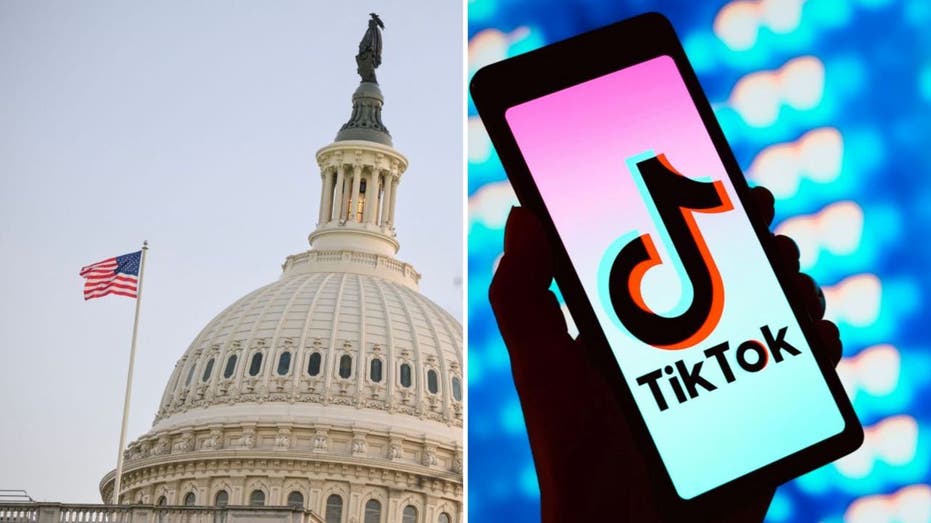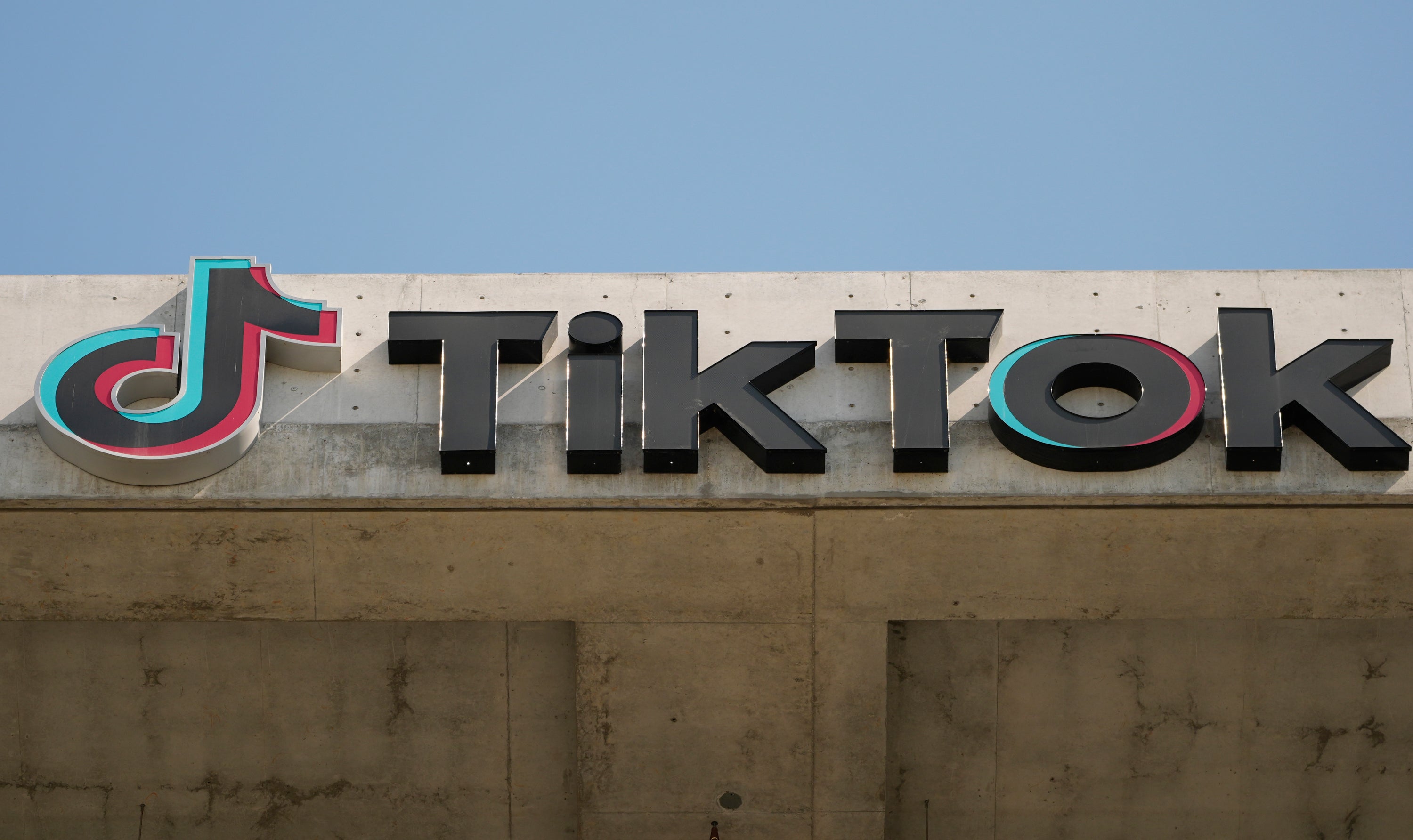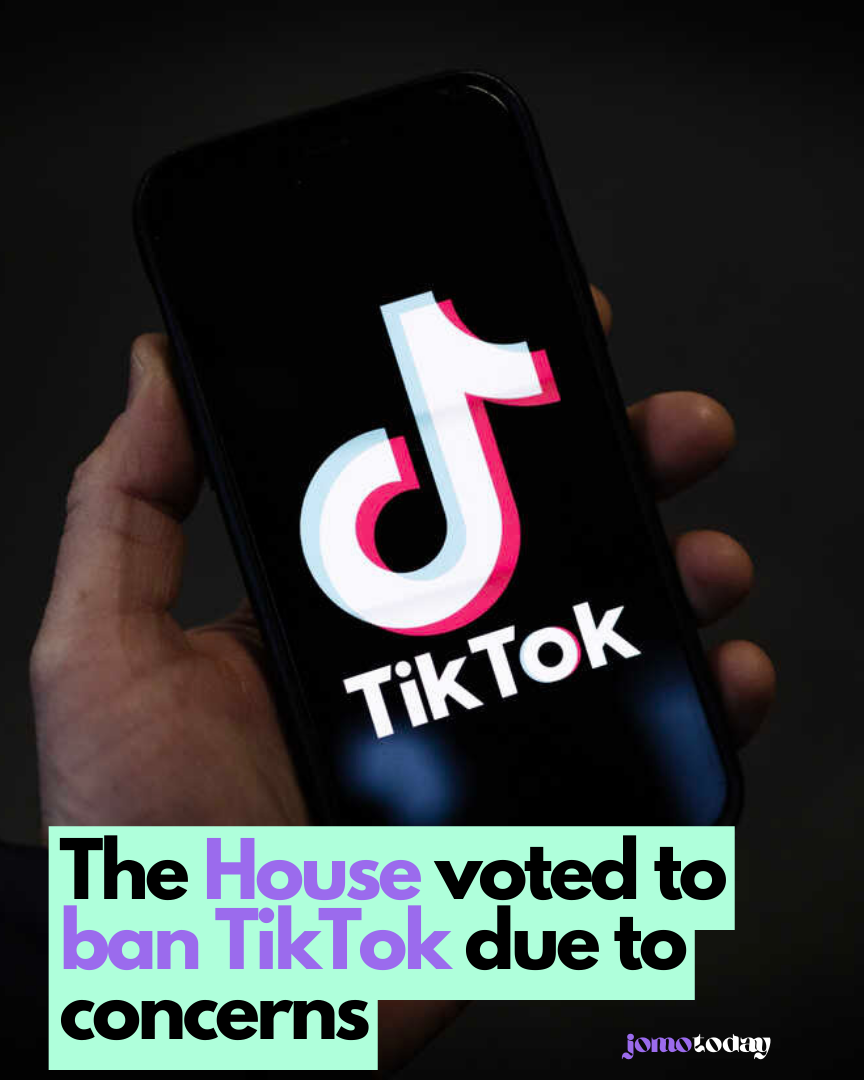On Wednesday, the House passed a bipartisan bill with a vote of 352-65, mandating ByteDance, the parent company of TikTok, to either divest the social media platform or face a prohibition on its use in U.S. devices. The bill’s prospects in the Senate remain uncertain. Senators Marco Rubio (R-FL) and Mark Warner (D-VA), the leading figures on the Senate Intelligence Committee, issued a joint statement commending the House’s initiative and calling for Senate action, though the timing remains ambiguous. Several senators have proposed that the Senate should conduct hearings on the bill before advancing further.

Rep. Mike Gallagher, R-Wis., who chairs the House Select Committee on China and is the lead GOP sponsor of the bipartisan bill, contends that the legislation does not equate to a prohibition of the video-sharing app.
“We’re not aiming for a ban; it’s about enforcing a separation,” Gallagher stated to NPR. “The TikTok user experience can persist and even enhance as long as ByteDance no longer possesses ownership of the company.”
In practical terms, however, the bill would effectively prohibit TikTok in the United States. Both the company and China have historically rejected the notion of divestment.
TikTok has argued that banning a social media platform would violate the free speech rights of millions of Americans.
Gallagher asserts that both classified and unclassified national security assessments indicate that the app poses a threat to user privacy and has been utilized to target journalists and interfere in elections. Top officials from intelligence and national security agencies provided a classified briefing on their analysis to all House members on Tuesday. Classified information remains private, primarily due to its implications for national security.
Nevertheless, officials have not publicly presented evidence of the Chinese Communist Party employing the app for surveillance or propaganda purposes, although experts suggest that Beijing could potentially exploit TikTok to advance its agenda.
FBI Director Christopher Wray has expressed his apprehensions about the app in public testimony, including during a recent Senate hearing on global threats to U.S. security. Wray informed the Senate Intelligence Committee about his concerns, stating that the Chinese government might exploit the app to manipulate software on countless devices, among other issues.
“We’re uncertain whether we would detect many of the observable indicators if such activity were occurring,” Wray remarked.
The bipartisan proposal received unanimous approval from the House Energy and Commerce Committee last week.
Gallagher asserts that TikTok’s lobbying efforts, which involved sending push notifications using location data to connect users with their representatives, highlight the necessity of the proposed legislation.
“The inundation of calls to congressional offices, with instances of teenagers in distress and even cases of impersonation and threats, underscores the potential for the platform to be exploited,” he remarked. “This illustrates why the bill is crucial.”
The bipartisan bill, known as the “Protecting Americans from Foreign Adversary Controlled Applications Act,” prohibits any app store or web hosting services in the U.S. from carrying ByteDance-controlled applications, including TikTok, unless the app severs its ties with ByteDance, citing its affiliation with a foreign adversary. ByteDance is granted a six-month period to divest; failure to do so would result in the app’s removal from U.S. app stores.
Additionally, the bill establishes a mechanism for the president to address future threats posed by foreign-owned apps if they are deemed to pose a national security risk. It also mandates the creation of a system enabling users to download their own data and migrate to an alternative platform.
At the age of 27, Representative Maxwell Frost from Florida, a Democrat, holds the distinction of being the youngest member of Congress, and he stands in opposition to the bill.
“He expressed concern over what he sees as a violation of people’s First Amendment rights, emphasizing TikTok’s role as a platform for idea expression. With many small businesses and content creators in his district, he believes the bill could significantly impact them.
Opponents argue that the bill is being rushed through without a full understanding of its consequences.

TikTok declined an interview with NPR but released a statement denouncing the bill as an infringement on Americans’ right to free expression, potentially harming businesses and creators.
Advocacy groups, including the ACLU, condemn the bill as censorship, asserting that limiting access to the platform restricts free expression.
Illinois Democrat Raja Krishnamoorthi, a key figure in drafting the bill, refutes TikTok’s arguments, stating that there’s no First Amendment protection for activities such as espionage or endangering national security.
While TikTok has implemented measures like “Project Texas” in collaboration with Oracle to secure U.S. user data, officials in Washington remain unconvinced, viewing it as insufficient.
Krishnamoorthi and other lawmakers dispute TikTok’s claims of data safeguards, citing instances where the company’s assurances were proven false.”
Despite expectations of the bill easily passing the House, TikTok is now focusing on thwarting action in the Senate. CEO Shou Zi Chew reportedly visited Washington this week and engaged with lawmakers on Capitol Hill regarding the bill, according to a source familiar with the effort.
Republican Senator Josh Hawley from Missouri supports the House bill. He expresses frustration over the lack of progress in tech legislation by Congress and argues that TikTok stands apart from other apps. He contends that the primary reason for considering a ban is its significant national security implications, distinguishing it from platforms like Google and Meta, which, while engaging in questionable practices, are not considered direct extensions of a hostile foreign government.
During his tenure as President, Donald Trump initially advocated for banning the social media app TikTok, citing security concerns. However, in a recent interview with CNBC, he expressed opposition to a proposed House bill seeking to ban the app, explaining that such action could drive users to even more problematic platforms.
Trump highlighted both positive and negative aspects of TikTok but criticized Facebook, labeling it and certain media outlets as “enemies of the people.” While President Biden’s campaign actively uses TikTok, the White House has indicated that if legislation reaches his desk, he would sign it. Legal battles may ensue if a ban is enforced, as TikTok has previously challenged such efforts, arguing that they infringe upon users’ First Amendment rights, with courts having supported this stance in the past.
Read More: Trump criticizes Facebook, warns against TikTok ban, claims it would benefit Meta
Disclaimer:
This content is AI-generated using IFTTT AI Content Creator. While we strive for accuracy, it’s a tool for rapid updates. We’re committed to filtering information, not reproducing or endorsing misinformation. – Jomotoday for more information visit privacy policy






Leave a Comment